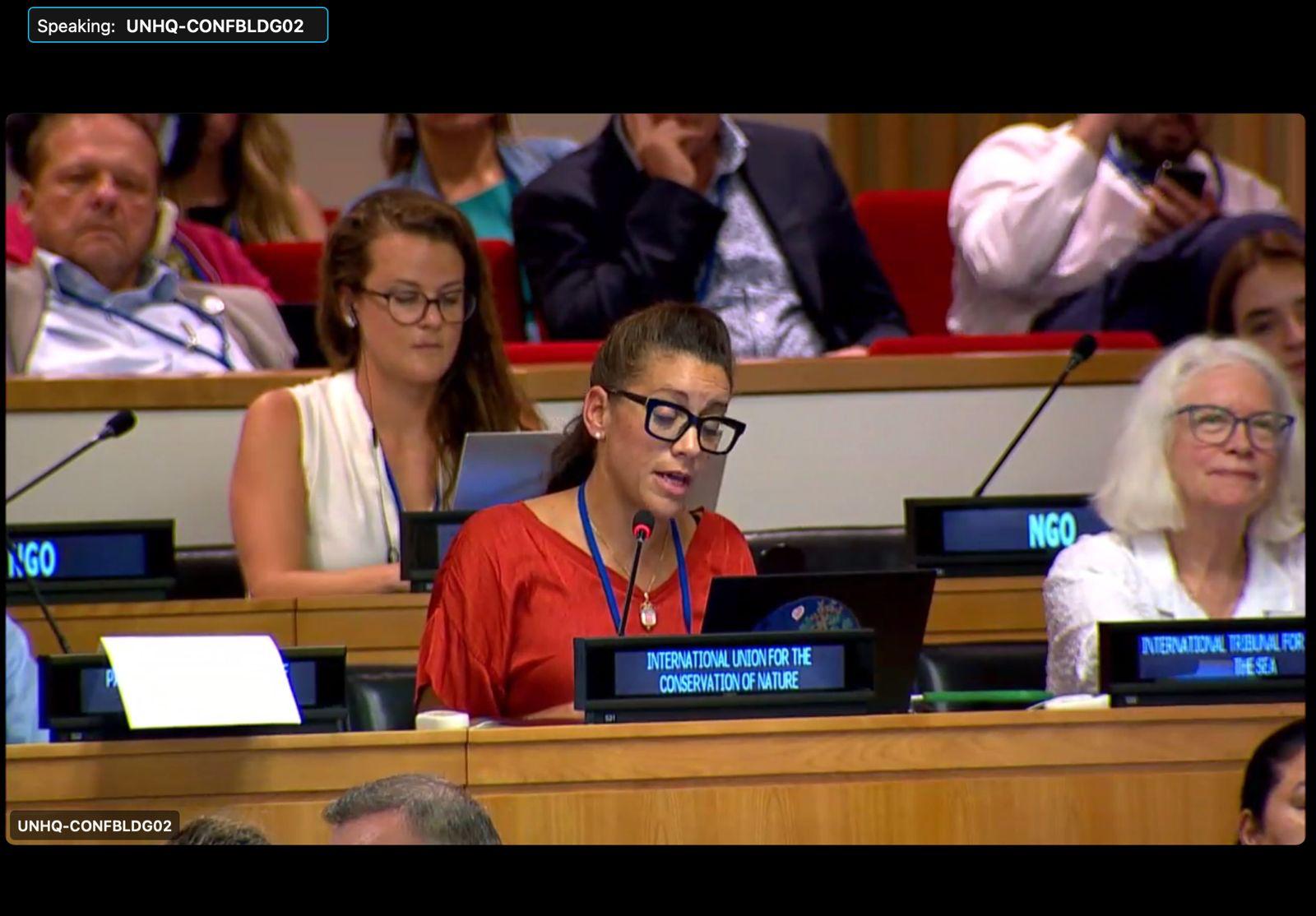Coalition Negotiations in Germany: Key Issues, Timeline, and Potential Outcomes
Editor's Notes: Coalition Negotiations in Germany: Key Issues, Timeline, and Potential Outcomes have published on October 14, 2022. This topic is important to read because it provides an overview of the key issues, timeline, and potential outcomes of the coalition negotiations in Germany following the 2021 federal election.
To help you understand the complexities of Coalition Negotiations in Germany: Key Issues, Timeline, and Potential Outcomes, we've done some thorough analysis and put together this guide. By exploring this guide, you'll gain comprehensive insights into the critical aspects of these negotiations, empowering you to make informed decisions.
Key Differences or Key Takeaways
Transition to Main Article Topics
FAQ
This FAQ section provides comprehensive insights into the ongoing coalition negotiations Coalition Negotiations In Germany: Key Issues, Timeline, And Potential Outcomes.

Aligning the EU Due Diligence Directive with the International - Source shiftproject.org
Question 1: What are the central issues shaping the negotiations?
Key issues include climate change mitigation, digital transformation, tax reform, and healthcare. Parties also seek to address pressing concerns such as the energy crisis and the war in Ukraine.
Question 2: What is the projected timeline for the negotiations?
The negotiations are expected to continue for several weeks, with a potential agreement reached by late October 2021. However, delays are possible due to the complexity of the issues and the need for consensus.
Question 3: What are the potential outcomes of the negotiations?
The negotiations may result in a coalition government involving two or more parties, with a shared agreement on a governing platform. Alternatively, the negotiations may fail to reach a consensus, leading to the formation of a minority government or new elections.
Question 4: What is the significance of these negotiations?
The outcome of the coalition negotiations will shape Germany's political landscape and policy direction. The government formed will have a major impact on domestic and international affairs, including the country's response to the ongoing challenges.
Question 5: How are the negotiations being conducted?
The negotiations are taking place in closed-door meetings between representatives of the parties involved. The public is informed through official statements and media reports.
Question 6: What are the potential consequences of a failed negotiation?
Failure to reach a coalition agreement could trigger political instability, leading to a minority government, new elections, or a prolonged period of uncertainty.
In summary, the ongoing coalition negotiations in Germany are a critical juncture in the nation's political history, with far-reaching implications for both domestic and international affairs.
Tips
Coalition negotiations in Germany are a complex and challenging process. By following these tips, parties can increase their chances of success in reaching a coalition agreement that meets their goals.
Tip 1: Define your goals and priorities.
Before entering into coalition negotiations, it is important to define your goals and priorities. What are your most important policy objectives? What are your red lines? Once you have a clear understanding of your goals, you will be able to better articulate them to potential coalition partners and assess whether their goals align with your own.
Tip 2: Build relationships with potential partners.
Coalition negotiations are not just about policy, but also about personal relationships. It is important to build relationships with potential partners before negotiations begin. This will help to create trust and rapport, which will be essential in overcoming the challenges that inevitably arise during negotiations.
Tip 3: Be flexible and willing to compromise.
Coalition negotiations require flexibility and a willingness to compromise. No party will get everything they want in a coalition agreement. It is important to be willing to give and take in order to reach an agreement that all parties can live with.
Tip 4: Be prepared to walk away.
Not all coalition negotiations will be successful. Sometimes, it is better to walk away from the negotiating table than to agree to a deal that does not meet your goals. Be prepared to walk away if you believe that the negotiations are not going in a positive direction.
Tip 5: Be patient.
Coalition negotiations can take time. It is important to be patient and not to rush the process. Give yourself plenty of time to build relationships, explore common ground, and reach an agreement that meets your goals.
By following these tips, parties can increase their chances of success in coalition negotiations. Coalition negotiations are a complex and challenging process, but they can also be rewarding. By approaching the negotiations with a clear strategy and a willingness to compromise, parties can reach an agreement that meets their goals and helps to shape the future of Germany.
Coalition Negotiations In Germany: Key Issues, Timeline, And Potential Outcomes
Coalition negotiations in Germany are a complex and multifaceted process that involves multiple political parties and numerous key issues. To gain a comprehensive understanding of these negotiations, it is essential to consider various dimensions, including the timeline, potential outcomes, and the following six key aspects:
- Party Platforms
- Electoral Outcomes
- Leadership Dynamics
- Public Opinion
- External Factors
- Historical Precedents
Party platforms outline the policy positions of each party and serve as a foundation for the negotiations. Electoral outcomes determine the relative strength of each party and their bargaining power. Leadership dynamics, including personal relationships and ideological differences, play a significant role in shaping the negotiations. Public opinion exerts pressure on negotiators to consider popular demands and concerns. External factors, such as international events or economic conditions, can influence the negotiations. Finally, historical precedents provide lessons and examples that negotiators may draw upon. Understanding these key aspects is crucial for analyzing and predicting the outcomes of coalition negotiations in Germany.

Key takeaways from treaty negotiations for Biodiversity Beyond National - Source iucn.org

Does Germany's coalition failure reflect a crisis of party - Source www.psa.ac.uk
Coalition Negotiations In Germany: Key Issues, Timeline, And Potential Outcomes
Coalition negotiations in Germany are complex and time-consuming, but they are essential for forming a stable government. The key issues that need to be negotiated include the distribution of power, the allocation of ministerial portfolios, and the adoption of a common policy agenda. The timeline for coalition negotiations is typically several weeks or even months, and the process can be fraught with challenges. However, if the negotiations are successful, they can result in a stable government that is able to implement its agenda.

♻️ #WastePickers are at #INC1 on Twitter: "Today our delegation - Source twitter.com
One of the most important aspects of coalition negotiations is the distribution of power. Each party involved in the negotiations will want to secure as much power as possible, and this can lead to tense negotiations. The allocation of ministerial portfolios is also a key issue, as each party will want to control the ministries that are most important to them. Finally, the parties involved in the negotiations will need to agree on a common policy agenda. This can be a difficult task, as the parties involved may have different priorities.
The timeline for coalition negotiations can vary depending on the number of parties involved and the complexity of the issues that need to be negotiated. In some cases, negotiations can be completed in a matter of weeks. In other cases, they can take months or even years. The process can be further complicated by the fact that the parties involved may need to consult with their members before making any final decisions.
Despite the challenges, coalition negotiations are an essential part of German politics. They allow the parties involved to reach a consensus on the formation of a government and the adoption of a common policy agenda. If the negotiations are successful, they can result in a stable government that is able to implement its agenda. However, if the negotiations fail, they can lead to political instability and even new elections.
Key Insights
The key insights from this exploration of coalition negotiations in Germany include the following:
- Coalition negotiations are complex and time-consuming, but they are essential for forming a stable government.
- The key issues that need to be negotiated include the distribution of power, the allocation of ministerial portfolios, and the adoption of a common policy agenda.
- The timeline for coalition negotiations can vary depending on the number of parties involved and the complexity of the issues that need to be negotiated.
- If the negotiations are successful, they can result in a stable government that is able to implement its agenda. However, if the negotiations fail, they can lead to political instability and even new elections.

EmoticonEmoticon